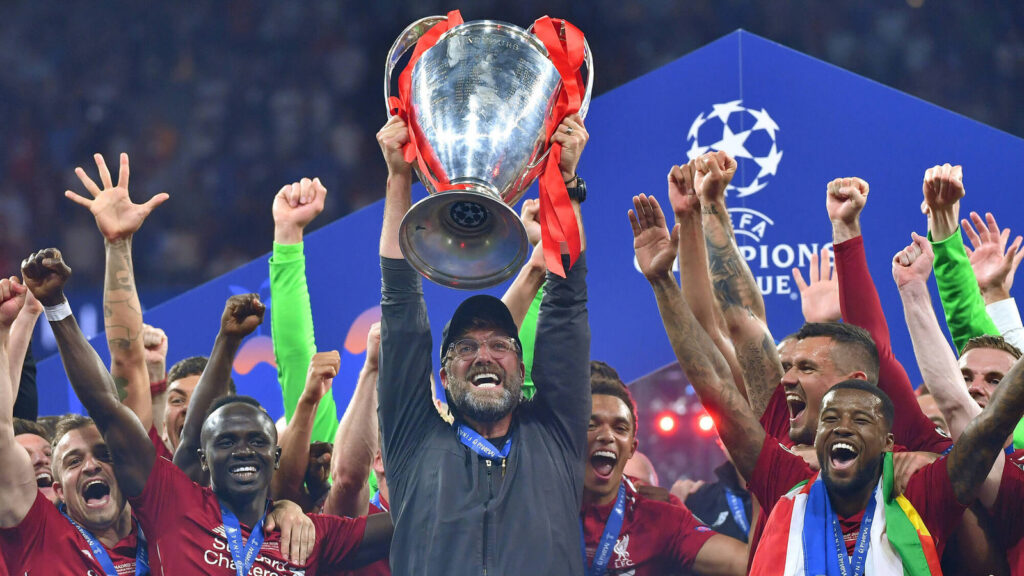Jürgen Klopp is arguably one of football’s finest managers, in capturing the admiration of players and fans. Next to his emotionally laden leadership, it was his philosophy of Gegenpressing that would come to set his teams apart. A quality, most memorably adapted by Borussia Dortmund and eventually Liverpool. It is a perfect example of how such a vision manifests through a relentless pressing game, coupled with emotional connections with the players and a unified mentality. In that way, Klopp attached himself to one of the most revered coaches in football management.
The Heart of Klopp’s Philosophy: Gegenpressing
The crux of Klopp’s tactical philosophy is best expressed in the concept of Gegenpressing. It signifies an immediate recovery of possession after it is lost. It is very simple; losing the ball means swarming the opponent in organized fashion to get to it as soon as possible. Gegenpressing demands extreme fitness, disciplined positioning, and an unwavering commitment from every player.
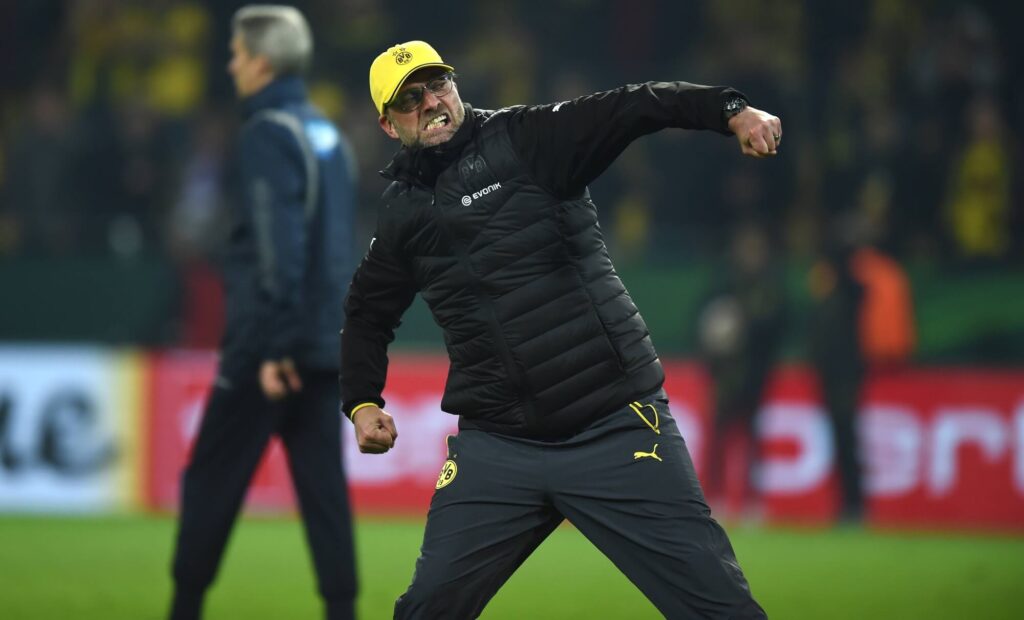
Throughout their training, the teams go through an intensive drill on pressing. This trains them to complete all the high-energy minutes in the match. Finally, intelligent pressing triggers lead to precise moments when a team could score easily. Beyond merely winning it back, Gegenpressing is also moving into attacking channels. As he once said, “The best playmaker is the counter-press.” By winning the ball high up the pitch, his teams can immediately transition into attack, catching opponents off guard. This has been one of the major features of Klopp’s success at both Dortmund and Liverpool.
Building Borussia Dortmund into a Powerhouse
Klopp’s fame started from Borussia Dortmund, where he turned a club with not much potential into a true powerhouse in German football. Dortmund was middling to below average with money problems by the time he came in 2008. Klopp’s high-intensity press took BVB to back-to-back Bundesliga titles in 2010-11 and 2011-12.
The key to Dortmund’s success was the emergence of young dynamic players such as Robert Lewandowski, Mario Götze and Marco Reus. Klopp nurtured all the players, training them with his learnings of hard work, discipline and collective effort. The relentless energy and pressing made them tough opponents to counter, even when playing a team as strong as Bayern Munich. One of the highlights from his time at BVB included reaching the final of the UEFA Champions League in 2013. Sadly, they lost the match by 1-2 in the end, against Bayern Munich.
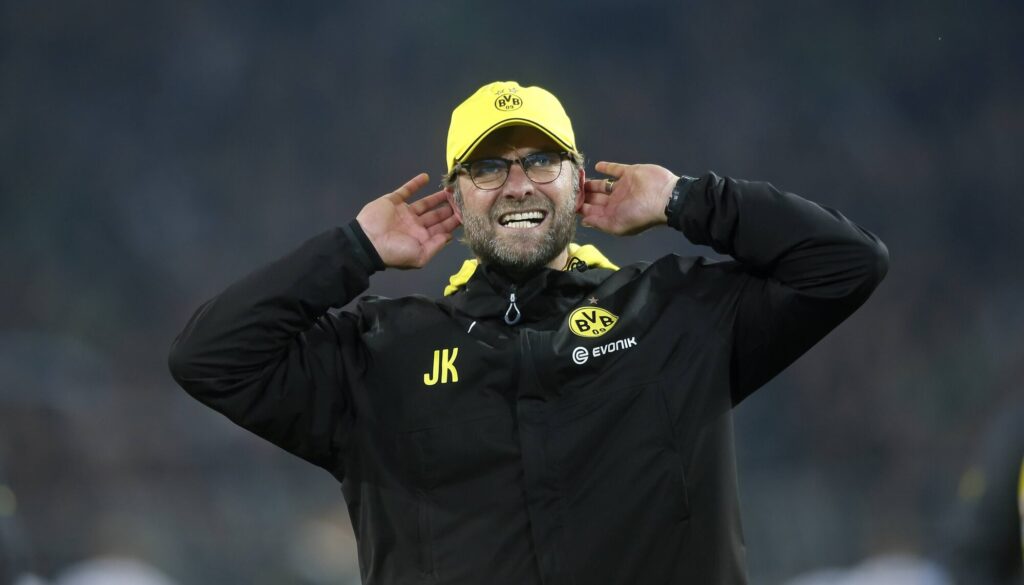
At the same time, Dortmund engaged in an exciting brand of football. But under Klopp, Dortmund very much established themselves as a European powerhouse. While Gegenpressing was much of the philosophy, Klopp ensured variations to the play. He made sure it could play quick transitions, but sometimes needed to become a little bit slower and to develop it from behind. He was known for his talent of maximizing the potential of his players, without having the financial muscle of Bayern.
Transforming Liverpool into Champions
Liverpool was in a transition state when Klopp joined them in 2015. He took charge of a side that lacked unity but still showed promise. Over time, he managed to align and imbed his philosophy to rebuild Liverpool into one of the best teams in Europe.
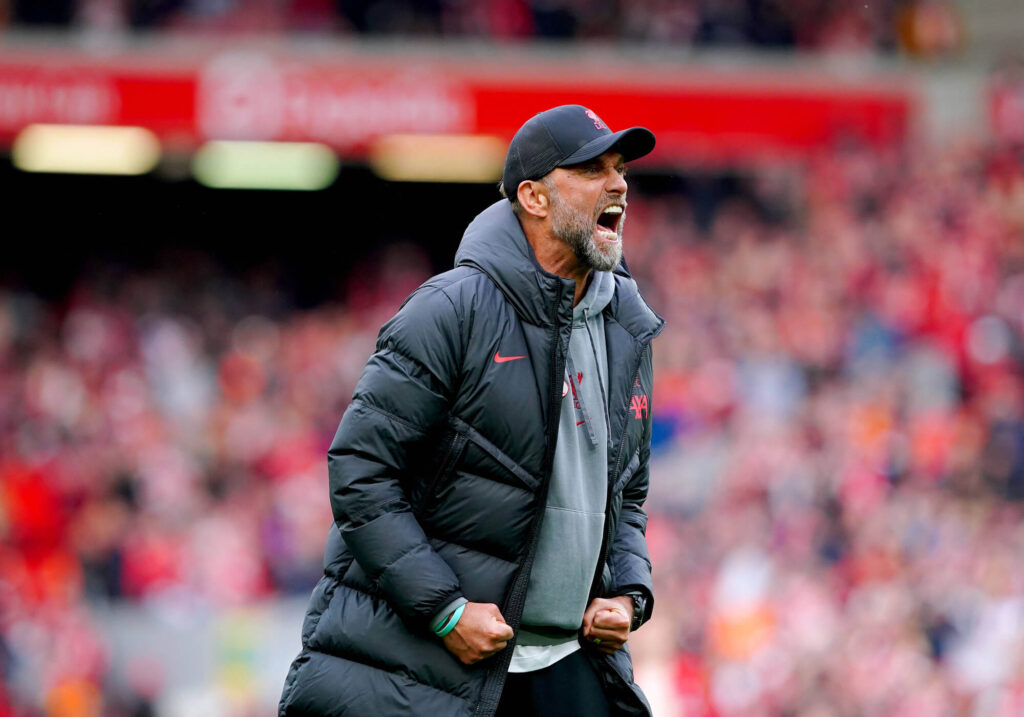
One of the first major things he had to do was to find players that could perform in the high-intensity system he had devised. Players like Sadio Mané, Mohamed Salah and Van Dijk transformed Liverpool into a very well-balanced team. His Liverpool side was able to perform a very vigorous version of his pressing game. They finally brought home the UEFA Champions League in 2019 after seeing off Tottenham in the finals. The next season proved even better, when Liverpool ended a 30-year wait for the league title by winning the 2019-20 Premier League title. Klopp’s broad-stroke tactics cut across the grain. Without a doubt, he had produced a powerful team.
Apart from the trophies that he has won with Liverpool, the team has shown remarkable consistency under him. They have played in several finals of the UEFA Champions League, as well as contending for the Premier League title. The mettle of his side was revealed in the season of 2021-22. Despite having injuries and congested schedules, they stayed competitive in every tournament. They won the FA Cup and the EFL Cup, with a second-place finish in the Premier League. His keen eye for talent identification and his player development skills often serve as the foundation of his successes.
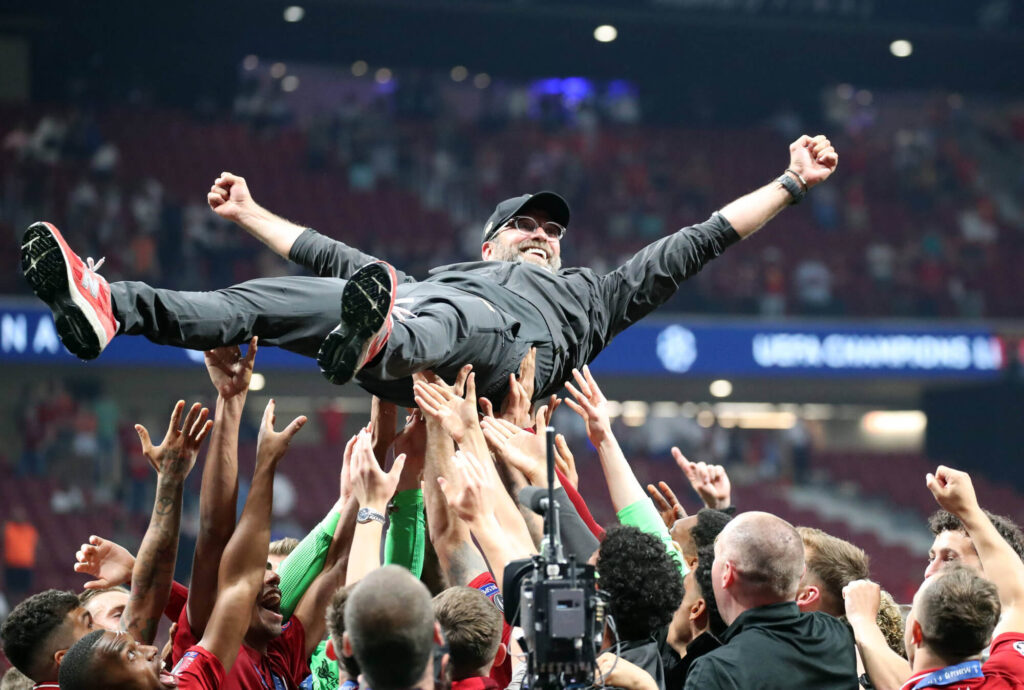
Emotional Leadership: The Klopp Effect
Klopp’s other defining feature is his emotional leadership. Klopp displays an extremely animated and agitated character on the touchline. It reflects his energy invested emotionally into the team. He is involved emotionally to such an extent that he forms a close bond with each player. He often refers to his team as one big family. And such an emotional connection is, very simply, the vehicle for his success. Players in his teams were willing to give everything for the manager.
His leadership style, as evident among other superstars like Mohamed Salah, Virgil van Dijk and Jordan Henderson, has been the method of administration at Liverpool. The way he inspires his players is a major factor for Liverpool winning titles during his time. Whether it was pep talk before games or through hugs afterward; Klopp inspires his players, making everyone feel valued.

Klopp’s New Chapter: Global Head of Soccer at Red Bull
Jürgen Klopp took a break from management after nine-years with Liverpool, at the end of the 2023-24 season. In October 2024, he announced his return to football under another firm career title. He was appointed as the Global Head of Soccer with Red Bull, on January 1, 2025. In this new position, Klopp directs all of Red Bull’s international soccer club network. This includes RB Leipzig, New York Red Bulls and Red Bull Bragantino.
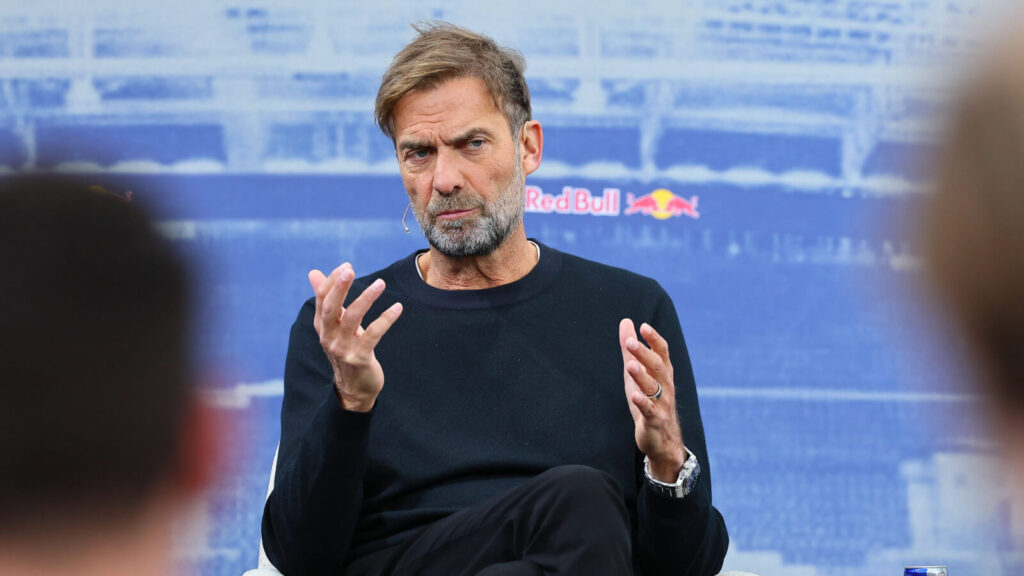
He is charged with the role of a strategic vision, sporting director support, global scouting improvement, coaching education and development responsibilities. Thus, the job shift from day-to-day management to an executive role allows Klopp to apply his vast expertise to reach many clubs around the globe. The contract also contains an early exit clause in the event that the German national team post becomes available for him. It shows how much he believes in the future of the sport in his country.
The Legacy of Klopp’s Philosophy
Klopp’s legacy is not only defined by trophies but also by his distinctive philosophy. His way has created a new pressing view within the game. It allowed many managers to understand and adapt different parts of it. Following his leadership and influence on team culture, new standards of management have come into play. It reaffirms that success within football depends not only on tactics, but also on unity and belief.
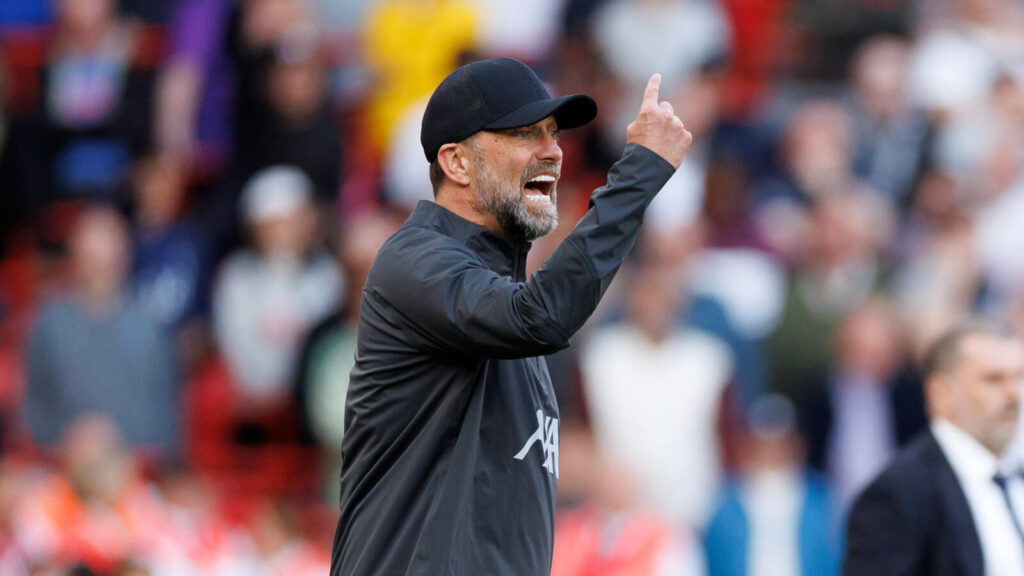
The definition of intensity, passion and resilience describes the identity of Klopp’s teams win or lose. Inspiring fans and players alike with an iron hand, has made him draw respect in the history of football managers. The “Klopp effect” is more than football tactics. It has changed the perception of success among fans, players and clubs.
